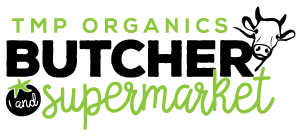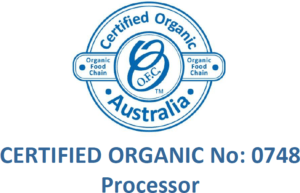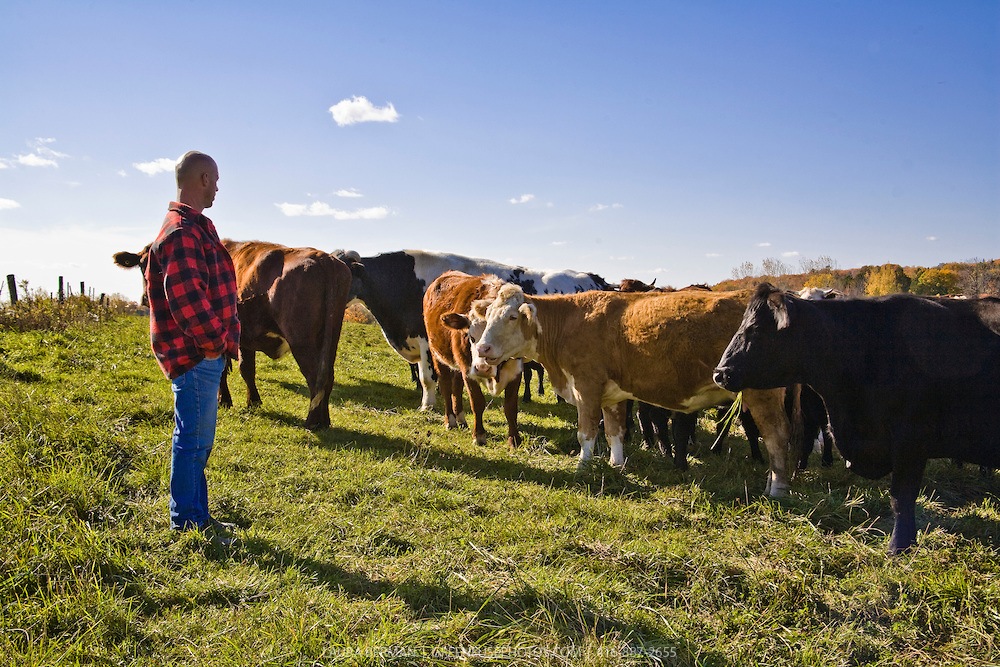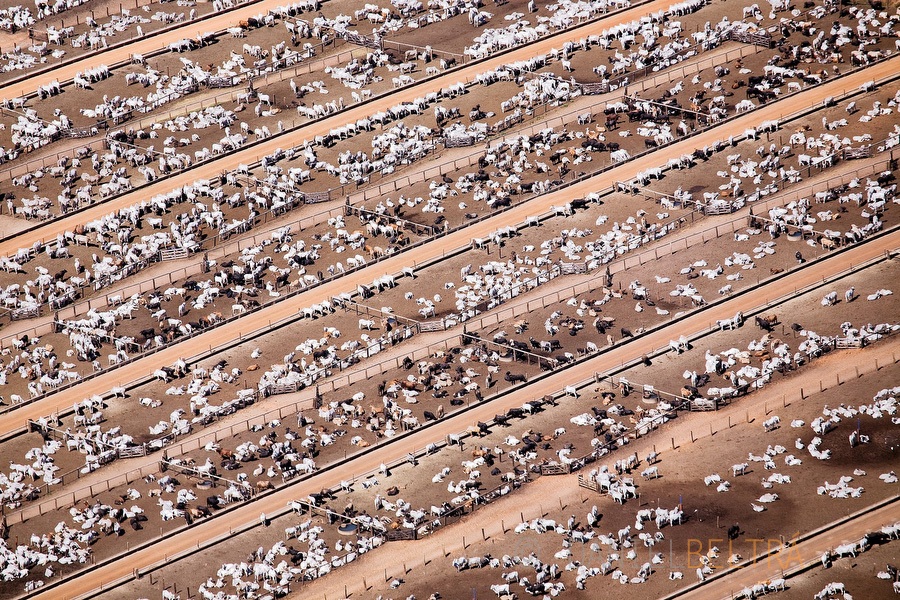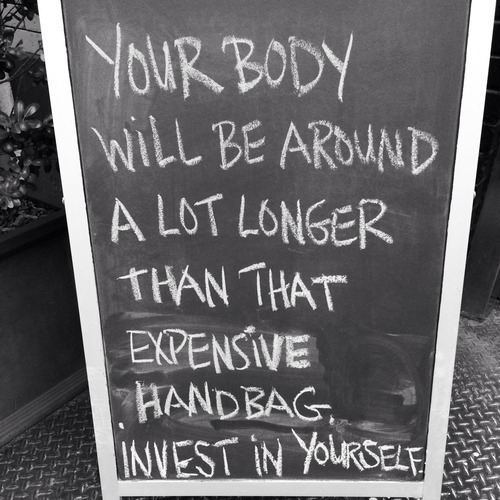There’s more to eating organic meat than simply making a healthier choice for your body, although this in itself is an excellent reason!
Choosing organic meat over conventionally raised meat is a better choice for the animals, the farmers, and the environment.
Here are our top reasons why choosing organic meat is the better option:
No Hormones or Antibiotics
Animals raised organically are not allowed to be fed antibiotics, the bovine growth hormone (rBGH), or other artificial drugs. Animals are also not allowed to eat genetically modified foods. Limitation of antibiotics could result in fewer antibiotic-resistant strains of bacteria, which can contaminate conventionally raised meat. This may also be better for the environment as antibiotic-laden run-off could be poisonous to wildlife and could make its way into the water supply.
Free Range and Grass Fed
When you see “organic”, “free range” and “grass fed” this usually indicates that the animals were raised in a more humane way, and their diet tends to be more well-rounded. The animals are not confined and spend time outdoors in the fresh air and sunshine. Not only is this good for their health, animals that eat more grass have lower fat levels and higher omega-3 levels than animals fed more grain, which is also good for you!
Environmental Sustainability
Animal agriculture produces surprisingly large amounts of air and water pollution, and causes 80 percent of the world’s annual deforestation. It also requires large amounts of water, and livestock worldwide consumes half of the world’s total grain harvest. Conventional farming certainly takes its toll on our natural resources, and this has gained more media attention in recent years with growing concerns about climate change.
On small diverse farms, things are done differently. Manure is used as natural fertiliser and organic agriculture aims to create a healthy balance of the soil including using crop rotation and other techniques to improve soil fertility, instead of controlling the environment with chemicals. This safeguards groundwater, topsoil, habitats and neighbourhood health. Industrial farms produce so much manure, on the other hand, that is poses a health risk to humans.
Synthetic pesticides and fertilisers are not used on the food or land. This is good for you, the animal, and the farmer with lower exposure to chemicals. Residues of some chemicals and many pesticides concentrate in animal fat. Eating organic animal fat reduces your exposure to these chemicals.
Organic farms also use less energy than conventional farms with careful ecological management including using natural ecological balances to solve pest problems. It’s estimated that organic farms use 70% less energy than industrial farms. Buying animal products from local farms further reduces energy by reducing the amount of kilometres the food travels to your table.
Vote With Your Dollar
When talking to people who usually buy conventionally raised meat, they often say higher prices prevent them from purchasing organic meat. It is true that organic meat fetches a higher price, but not only is each dollar an investment in your health, it’s a vote for a more sustainable future where animals are treated ethically and humanely, and the environment isn’t taken for granted.
After all, we only have one body and one planet. We need to take care of them like our lives depend on it, because they do. Choose organic!
